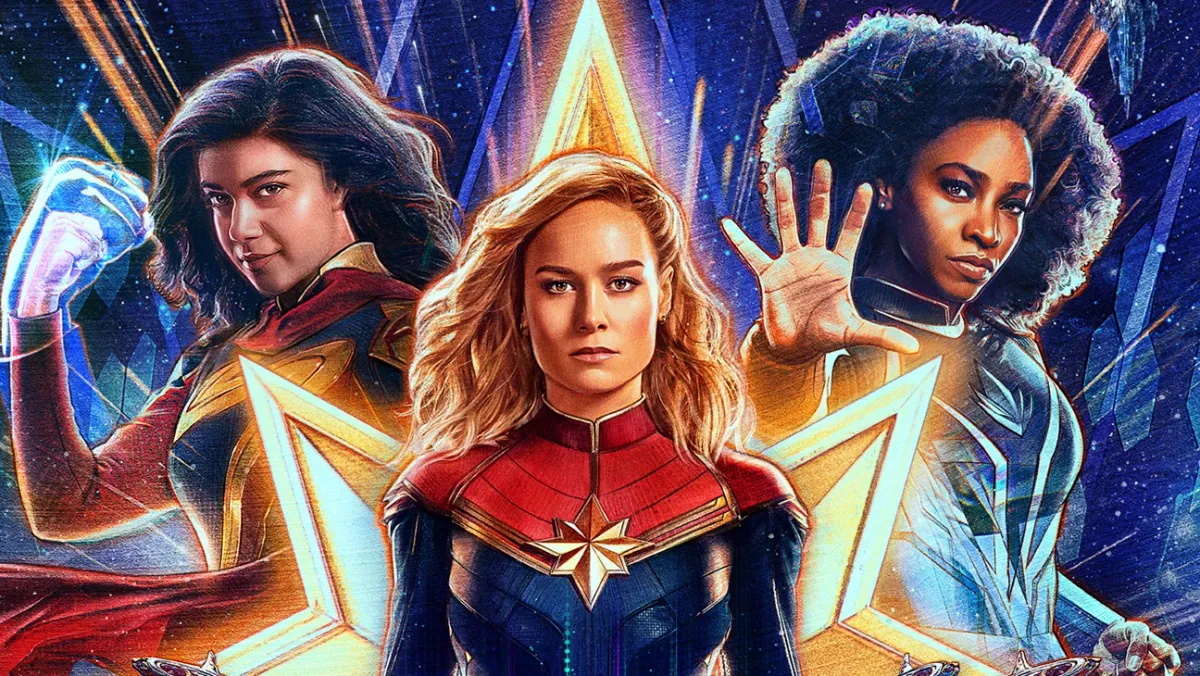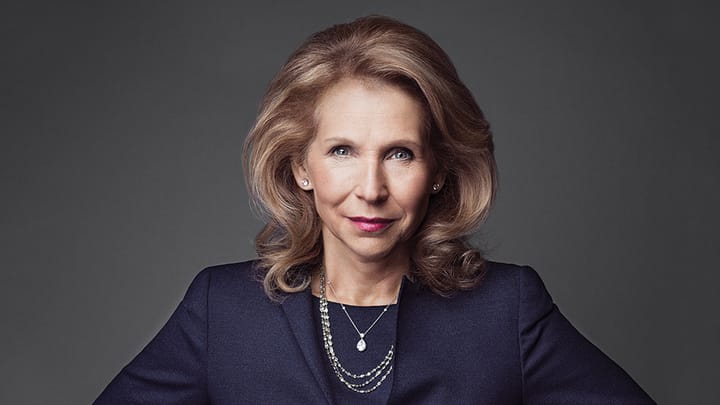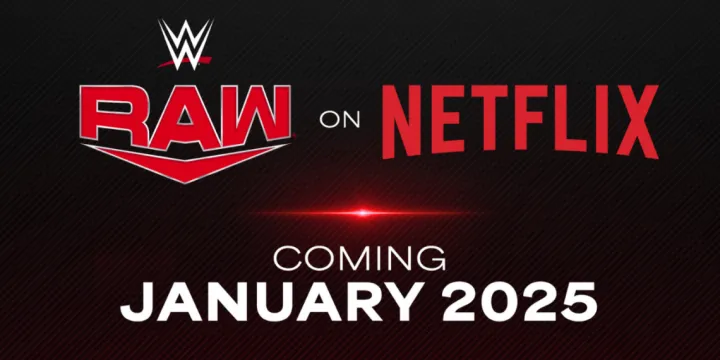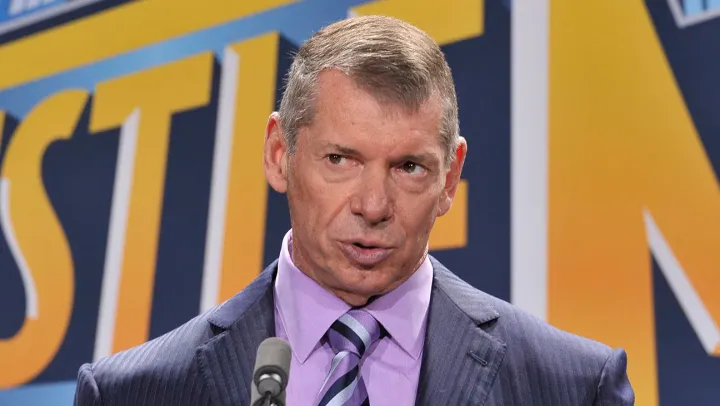Exploring the Future of the MCU after 'The Marvels' Disappoints at the Box Office

Over the past 15 years, Disney's Marvel Cinematic Universe (MCU) has achieved remarkable success, delivering a consistent stream of blockbusters that have set the gold standard for franchise films. While not every comic book movie has been equally acclaimed (we're looking at you, "The Incredible Hulk" and "Ant-Man and the Wasp: Quantumania"), the MCU has managed to transcend any concerns of superhero fatigue and has collectively earned an astounding $30 billion globally. Even the less popular installments have proven to be box-office hits.
However, the recent release of "The Marvels," the 33rd installment in the MCU and the sequel to the billion-dollar success "Captain Marvel," has raised concerns. The film opened with disappointing numbers, earning only $47 million in North America and $63 million internationally, making it the lowest opening weekend in the franchise's history. This is particularly alarming as Marvel movies typically experience strong starts, with fans eager to be among the first to see them to avoid spoilers and plot twists.
The lackluster performance of "The Marvels" is unusual for the MCU, as previous films like "Black Widow," "Shang-Chi and the Legend of the Ten Rings," and "Eternals" achieved significantly better openings despite the challenges posed by the pandemic. The $220 million-budgeted "The Marvels" may face further difficulties as it competes with other highly anticipated releases during the upcoming holiday season.
Comparisons to its predecessor, "Captain Marvel," are also worth noting. The first film, which introduced Brie Larson's Captain Marvel, earned an impressive $153 million in its opening weekend. However, it benefited from being positioned between two of the biggest movies of all time, "Avengers: Infinity War" and "Avengers: Endgame." Additionally, "Captain Marvel" arrived during a time when the MCU was at its peak in terms of box-office success. Since then, Disney has saturated viewers with numerous spinoffs, sequels, and TV series, both on the big and small screens. The relentless pace of releases, along with mixed reception, complicated storylines, and excessive visual effects, has caused some audiences to have higher expectations and diminished their sense of urgency for the franchise.
While this disappointing performance does not necessarily indicate superhero fatigue on a global scale, it does highlight a shift in audience behavior. It suggests that simply featuring any superhero in a film may no longer guarantee a blockbuster success. Marvel and Disney, in particular, are not immune to this phenomenon, as demonstrated by the underperformance of "The Marvels" and other big-budget tentpoles in 2023.
Disney's CEO Bob Iger acknowledged the need for readjustment during a recent earnings call, emphasizing the importance of quality over quantity. The company has already postponed the release of several MCU films to 2025 due to production delays caused by strikes. This suggests that Disney is reevaluating its approach and considering a more strategic and focused direction for its flagship superhero franchise.
In the meantime, fans may look to the upcoming release of "Deadpool 3" as a potential restorer of the Marvel magic. As Disney navigates these challenges, it will be interesting to see how they pivot and rebuild their prominent IP to recapture the enthusiasm of audiences.
Robert Brooksby



Comments ()